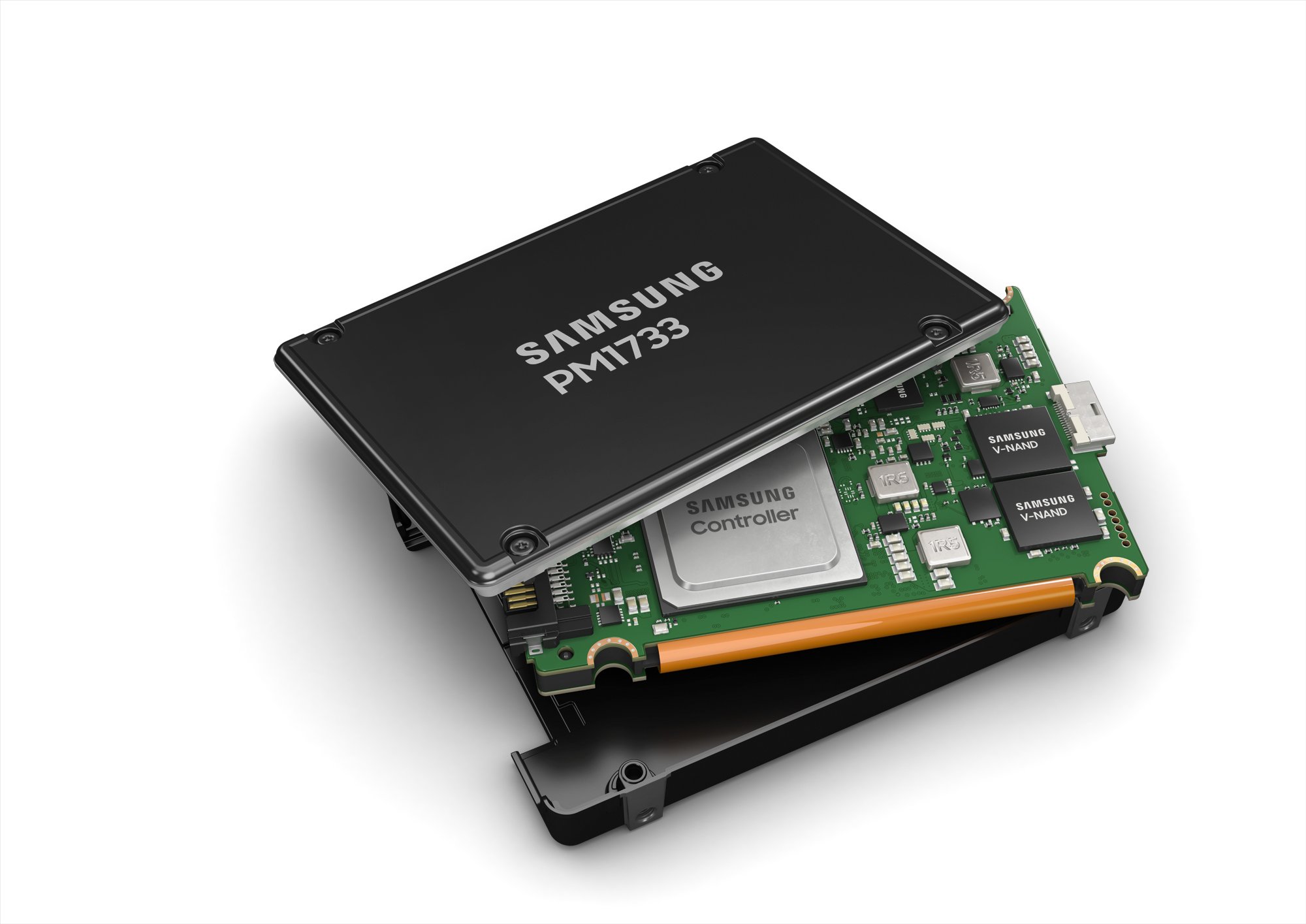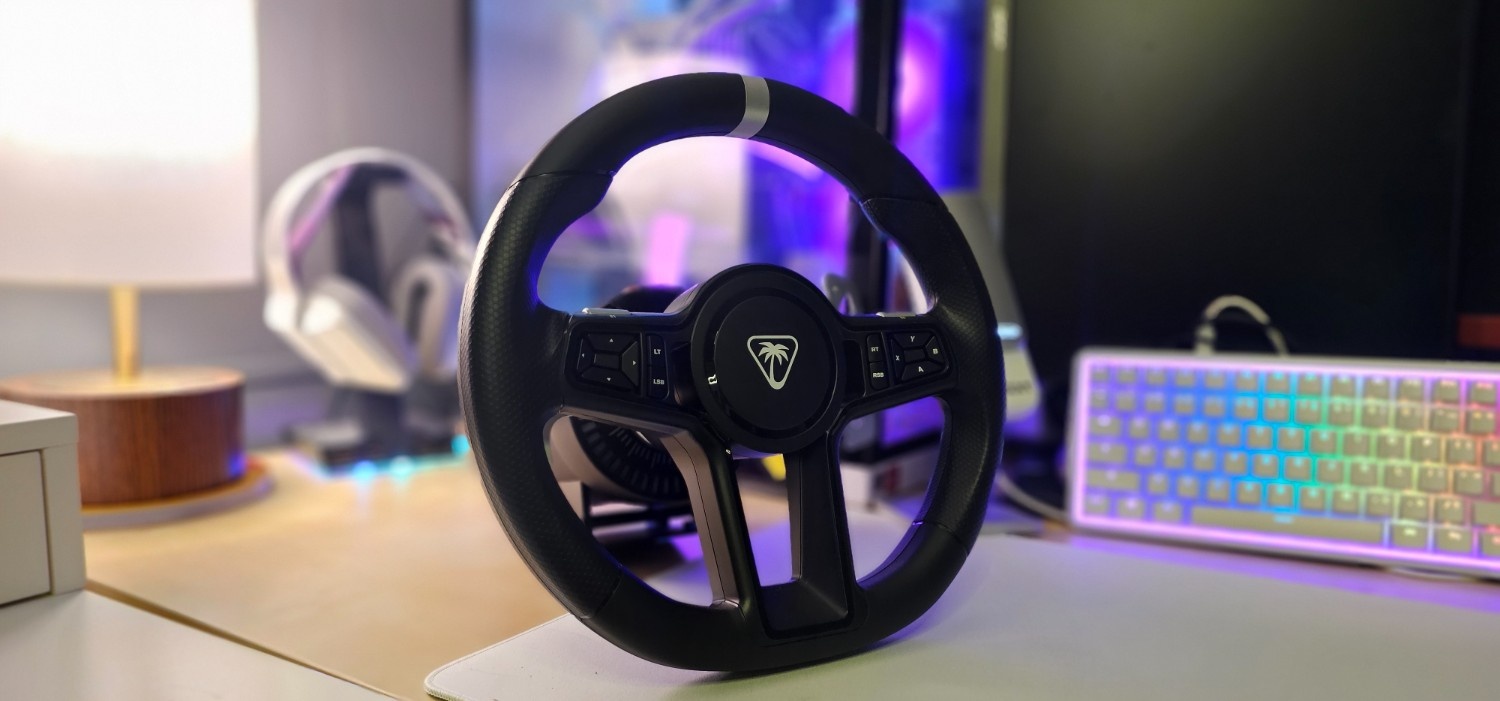New Samsung SSDs can 'never die' thanks to 'fail-in-place' technology
A failure of a single NAND chip doesn't kill the entire SSD thanks to Samsung's fail-in-place technology.

All the latest news, reviews, and guides for Windows and Xbox diehards.
You are now subscribed
Your newsletter sign-up was successful
What you need to know
- Samsung announced two news SSDs that 'never die,' the PM1733 and PM1735.
- The fail-in-place technology means that a single NAND chip failing doesn't ruin the entire SSD.
- The new PM1735 can hit 8GB/s read speeds and 3.8GB/s write speeds.
Samsung announced two new PCIe Gen4-based SSDs, the PM1733, and PM1735. These new SSDs are incredibly fast, and take advantage of three new innovations, including fail-in-place (FIP) technology that ensures an SDD can "never die." While the drive technically can die, Samsung has mad it much less likely than it is for other SSDs.
Samsung began mass production of the two new chips last month. Samsung outlines the specs and innovations utilized in the chips in a news post (via PC World).
The PM1733 has a 6,400MB/s read speed, and 3,800/s write speed. The PM1735 has a read speed of 8,000MB/s and a write speed of 3,800MB/s. Samsung points out that the PM1735 offers almost 14 times the sequential performance of a SATA-based SSD. The PM1733 is available in up to 30.72TB, and the PM1735 is available in up to 12.8TB, though maximum sizes depend on the form factor you choose.
One unique feature about these SSDs is that they utilize Samsung's FIP technology. FIP software detects a faulty chip, scans for damage in data, and then relocates the data onto a working chip. On other SSDs, failure of just one NAND chip makes the entire SSD fail. FIP makes SSDs much more difficult to kill because a single failure doesn't spell the end of the drive. As an example given by Samsung is that a 30.72TB SSD from Samsung has 512 NAND chips. A large number of chips would have to fail before you'd run into issues thanks to FIP.
Additionally, Samsung highlights the role of SSD virtualization technology that allows a single SSD to be subdivided into up to 64 smaller SSDs. This allows multiple users to have virtual workspaces on a drive.
Finally, Samsung highlights V-NAND machine learning technology that helps accurately predict and verify cell characteristics. It also detects variation among circuit patterns using big data analytics.
All the latest news, reviews, and guides for Windows and Xbox diehards.

Sean Endicott is a news writer and apps editor for Windows Central with 11+ years of experience. A Nottingham Trent journalism graduate, Sean has covered the industry’s arc from the Lumia era to the launch of Windows 11 and generative AI. Having started at Thrifter, he uses his expertise in price tracking to help readers find genuine hardware value.
Beyond tech news, Sean is a UK sports media pioneer. In 2017, he became one of the first to stream via smartphone and is an expert in AP Capture systems. A tech-forward coach, he was named 2024 BAFA Youth Coach of the Year. He is focused on using technology—from AI to Clipchamp—to gain a practical edge.
